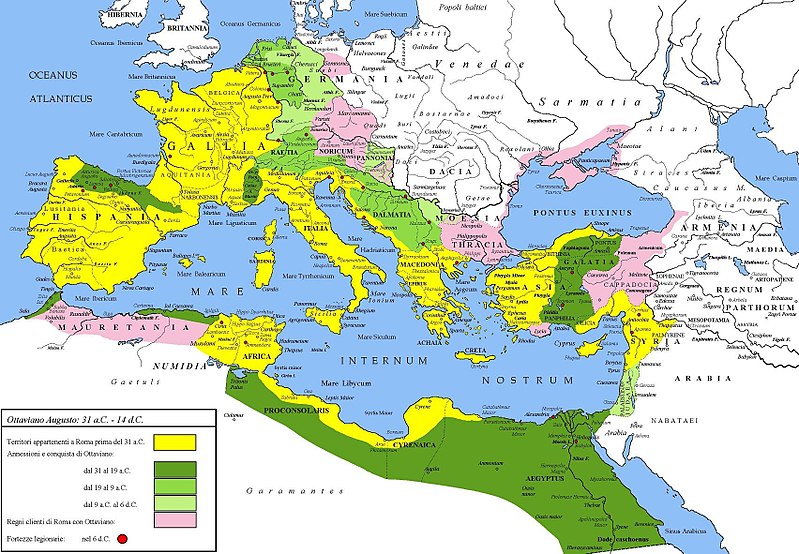Right from the beginning, the Israeli government has always taken efforts to create an atmosphere conducive to germination and growth of novel science-technology concepts. As the potential in the field of ‘High tech research and development’ to become the main source of revenue for Israel became clearly evident, the Israeli government started shaping its policies accordingly. They initiated fundamental policy changes right at the school level.
Many times, it’s said that the knowledge imparted at schools is theoretical, rote and much behind the time in comparison to the outside world. As a result, students do not cherish education.
For Israel to maintain the pace achieved at research and development, it is necessary that right from the school level, the children are convinced about the importance of science and technology. Also, they should be able to use new technologies. Having recognized these two postulates, from 1990 onwards, the Israeli government shaped its education policy in line with them. As per it, in the school curriculum, computer education was introduced along with the fundamentals like writing, reading and mathematics, which are considered the most crucial factors for education conventionally. Computers were given to the schools and made functional for introducing the subject to the children right from kindergarten.
Apart from computer training, across Israel, many other programs were also undertaken at the schools. The ‘Israel Innovation Authority’ functions under the Chief Scientist of the Ministry of Economy. It is the most important program that aids industrial research and development in all possible ways.

For bringing research and industry together, science-technology based industrial parks were built in the vicinity of major universities. The parks provide all the necessary facilities like space, electricity, water, capital, etc. to the small science and technology startups, which are into research and development. These startups also get tax concessions from the government. Of course, the startups have to go through a strict selection process to get to be a part of the industrial parks. Only the businesses which pass all the criterion get an entry into the parks. The vicinity of the universities provides these enterprises with an advantage as they have easy access to the knowledge and research in various subjects done by the university students and researchers. At the same time, the vicinity also benefits the teachers and students at universities as they get to earn some extra money using their spare time by working as researchers at the companies in these parks.
Another step by the Israeli government to encourage the emergence of new concepts in science-technology is in the form of ‘technology incubators’. It is an initiative started by the Chief Scientist of the Economy Ministry. It includes nonprofit organizations which work independently and assist the researchers. Many of us know of an incubator as a glass apparatus in which babies born sick or weak are kept after their birth to avoid infections and exposure to the outside world by maintaining controlled environmental conditions. The babies are handed over to their parents to be taken home only after their health improves. The name technology incubator is due to a similar kind of system adopted at the program.
The Israeli government started the ‘technology incubator’ program in 1991 for the researchers who are without their own startups or for those whose companies are quite small and cannot afford the expenses to conduct research. The program also includes the startups which do not fit in the criterion of the industrial parks or are ineligible to secure a loan under government norms. In 1991, after the dissolution of the Soviet Union, the thousands of Jews who returned to Israel had a considerable number of science-technology experts among them. They had many novel concepts but no capital. The program was started for such people. Today, Israel has more than 25 technology incubators through which over 200 projects are running. The program primarily considers novelty and uniqueness in the concepts presented by the researchers. Also, the program considers the possibility of the concept turning into a viable product.
The program is a great help for those researchers whose research features outside the list of fields in the approved list of the Ministry of Economy and Industry. It is also solid support for the researchers whose concepts though novel are considered risky and hence unable to attract capital or secure loan.
Under the program, the researchers get all types of help right from the realization of a novel concept to turning it into a financially viable project. The help is provided in various forms like – providing the researchers with space and other needed material, arranging assistant researchers, development assistants, etc., conducting a feasibility study, market study for the products which are developed, marketing their research to arrange for capital, etc. A project which develops and goes on to become self-sustaining is released from the program and given an opportunity to function independently.
Like its name, the ‘technology incubator’ program, started by the government but working independently under successful entrepreneurs from industry, is proving to be an ‘incubator’ in real sense for the research and development in science and technology in Israel.
The researchers who have benefited from the program and have gone ahead to become successful entrepreneurs remain grateful to it. Moreover, out of the sense of responsibility towards their nation, they provide funds to the program to give a helping hand to fresh researchers, entrepreneurs of their kind and thus help maintain the continuity. (To be continued…)


















